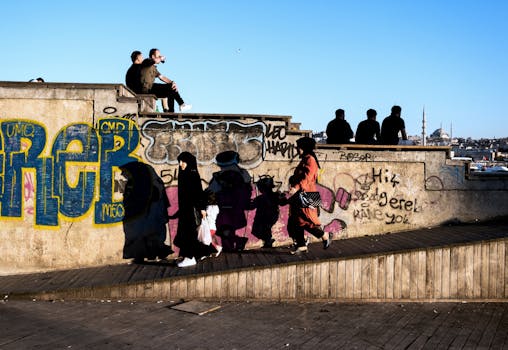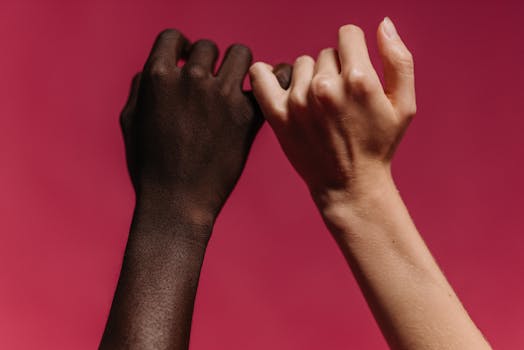
Cultural Fusion: Embracing Diversity in European Lifestyles by 2025
Cultural fusion is becoming an increasingly important aspect of European lifestyles, as the continent becomes more diverse and interconnected. By 2025, it is expected that cultural fusion will have a profound impact on the way Europeans live, work, and interact with one another.
What is Cultural Fusion?

Cultural fusion refers to the blending of different cultures, resulting in the creation of new and unique cultural practices, traditions, and identities. This can occur through various means, such as migration, globalization, and technological advancements.
Benefits of Cultural Fusion

The benefits of cultural fusion are numerous and far-reaching. Some of the most significant advantages include:
- Increased diversity and inclusivity
- Enriched cultural tapestry
- Improved understanding and empathy between different cultural groups
- Enhanced creativity and innovation
- More vibrant and dynamic communities
Challenges of Cultural Fusion

While cultural fusion can bring many benefits, it also poses some challenges. Some of the most significant difficulties include:
- Cultural and linguistic barriers
- Social and economic inequalities
- Racism and xenophobia
- Loss of traditional cultural practices and identities
- Integrating different cultural values and norms
Embracing Cultural Fusion in European Lifestyles

To fully embrace cultural fusion in European lifestyles, it is essential to promote diversity, inclusion, and understanding. Some strategies for achieving this include:
- Language classes and cultural exchange programs
- Cultural events and festivals
- Community engagement and outreach initiatives
- Education and awareness campaigns
- Policies and laws that promote diversity and inclusion
Conclusion

Cultural fusion is transforming European lifestyles, promoting diversity, inclusion, and a richer cultural tapestry. By embracing this phenomenon and working to overcome the challenges it poses, Europeans can create a more vibrant, dynamic, and inclusive society by 2025.



